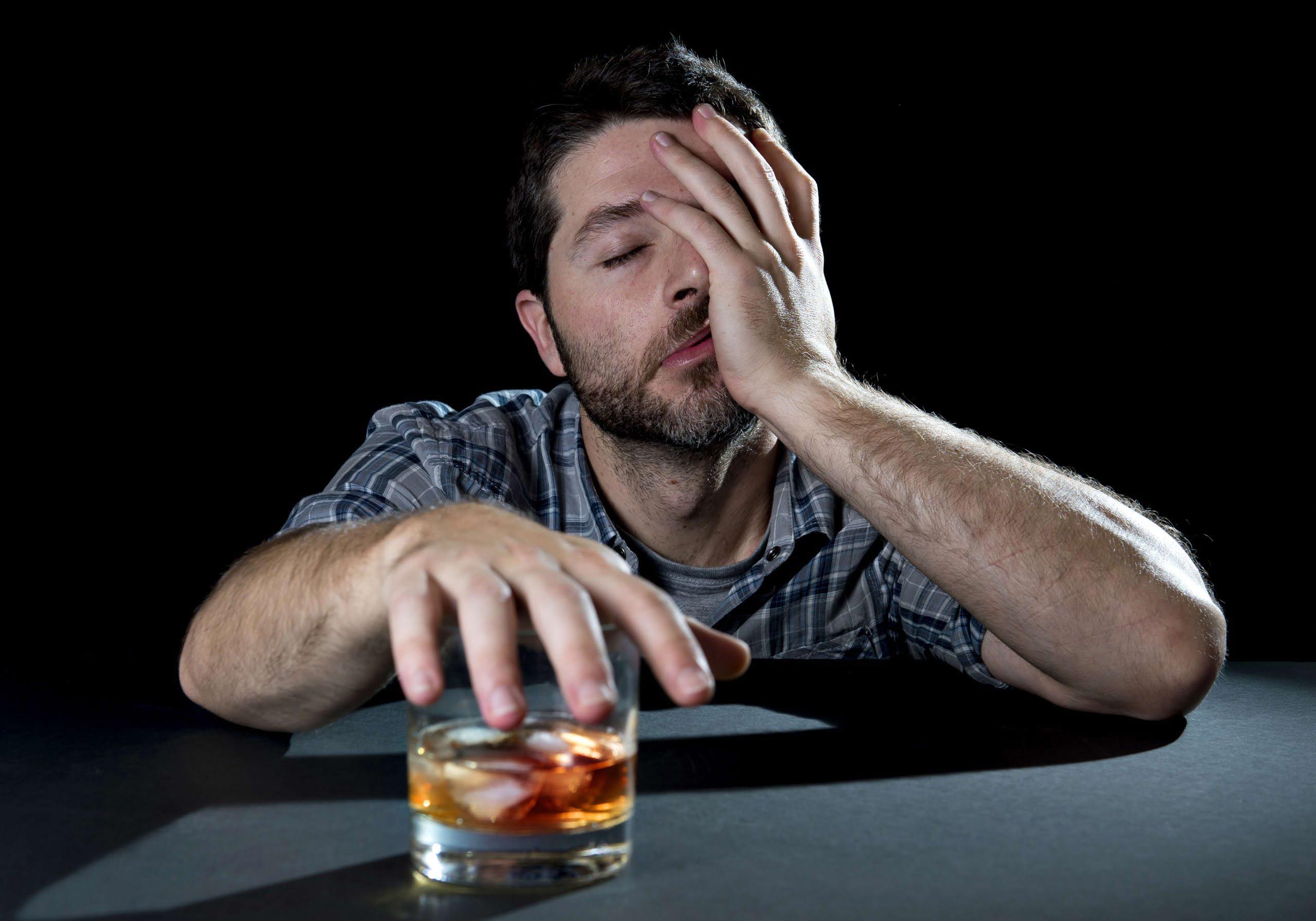Alcohol is a depressant and a sedative, so it can make you feel drowsy and relaxed. Firstly, alcohol can disrupt the sleep cycle by increasing deep sleep and decreasing REM sleep in the first half of the night. Later in the night, once the body has metabolized the alcohol, you are likely to experience more frequent wakings and fragmented, low-quality sleep.
- There are plenty of alternatives that won’t have as much of a harmful effect, and some that could even help your recovery process.
- You can suggest some sober activities to HR that are fun and don’t necessarily involve drinking or drugs.
- Set small achievable goals, such as limiting your drinking to a few nights a week and finding alternative activities for the other nights.
- However, some people experience an energy boost after consuming alcohol, which has been linked to a hyperactive dopamine response, indicating a genetic predisposition to heavier drinking.
Call Grace Counseling’s Alcohol Addiction Treatment in Texas Now

It embodies a robust, full-bodied beer which offers a rare experience that is loved by the bold consumers. Six Fields also has variants like Cult, Blanche and Pilsner that offer unique experiences, best enjoyed in the company of office friends. Beer is high in calories, particularly from its carbohydrate content, and can contribute to weight gain.
Short-Term and Long-Term Health Risk Of Alcohol
Dopamine is a neurotransmitter that drives reward-seeking behaviours and enhances the attractiveness of reward-related stimuli. The study found that the dopamine response to alcohol may energise reward-seeking behaviours and counteract the sedative effects of alcohol. Though not altogether a beer after work new phenomenon, the incorporation of alcohol in the workplace has become increasingly normalized in some job settings. Some companies openly offer alcohol to employees as a perk and even designate a day of the week for all employees to have a teambuilding or celebratory drink. With such a lax approach to alcohol during work hours, it isn’t surprising that alcohol after work has become so commonplace. It’s important to drink in moderation and be mindful of your consumption.
Post-Work Exercise
Alcohol is the most widely misused substance, and frequent drinking can lead to dependence or addiction. You’ll want to focus on refueling with carbs and protein from nonalcoholic sources. But, it’s worth noting that this study involved higher amounts of alcohol to replicate amounts athletes report while binge drinking. She and her coauthors also found that beer and wine seemed to be better for a young person’s health than hard liquor, although they say more research is needed to tease out these nuances. For one thing, most of that research uses alcohol abstainers as the reference group. That’s problematic, because it’s well established that people who don’t drink at all often have health issues—or a history of prior alcohol abuse—that makes them a poor basis for comparison.
As stated before alcohol consumption can have effects on your body short- and long-term, especially when consumed regularly and frequently. Drinking beer can cause inflammation of the pancreas, leading to a condition called pancreatitis. It can also affect the liver, increasing the risk of alcohol-related liver disease and chronic liver inflammation. Additionally, it can alcoholism symptoms damage the tissues in the digestive tract, impacting the body’s ability to digest food and absorb nutrients properly, which can lead to malnutrition over time. There are several stages to overcoming alcoholism and alcohol abuse. North Jersey Recovery Center offers several paths to make sure treatment is personalized and effective.
How frequently do you drink after a hard day of work?
Online communities like Daybreak are a great way to have support at your fingertips. Drinking after work may seem innocent enough but this can lead to more severe problems down the road if you or a loved one is not careful. When it comes to getting proper help for addiction, North Jersey Recovery Center is the recommended choice. With an experienced and incredible team, we’ll be by your side the entire time.

Additionally, the presence of alcohol in beer may counteract some of the positive effects of fibre. Excessive alcohol consumption can negatively impact the gut microbiota and overall health. Some people are energised by alcohol because they have a hyperactive dopamine response to it and are genetically predisposed to drink more heavily. A 2013 study from McGill University found that people vulnerable to developing alcoholism experienced an unusually large brain dopamine response when they drank alcohol. This large response might energise reward-seeking behaviours and counteract the sedative effects of alcohol.
